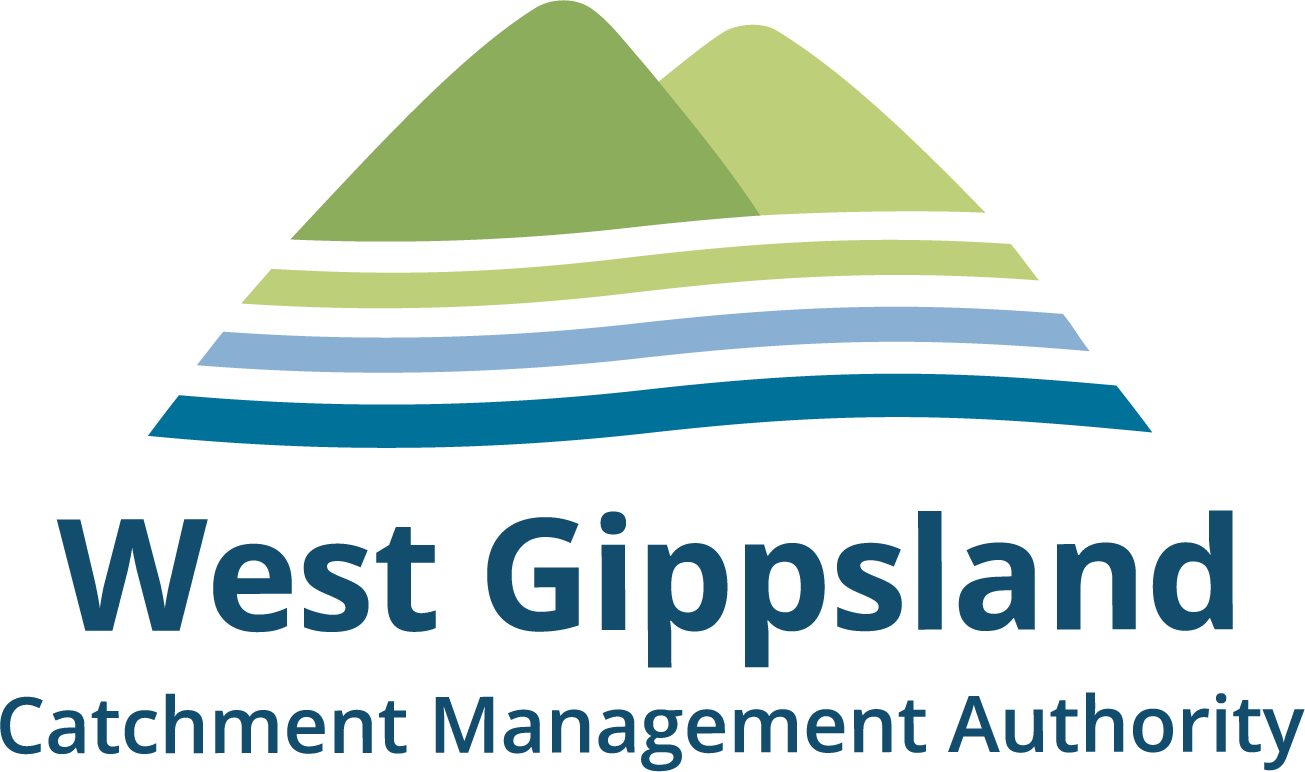Farmers share irrigation innovation
West Gippsland Catchment Management Authority (CMA), in partnership with Agriculture Victoria, is excited to share the results of the Sustainable Irrigation Program Demonstration Trials, a two-year project aimed at showcasing the benefits of irrigation technology using real-life examples from local farms.
Across the project, dairy farmers in central Gippsland successfully trialled new technologies that demonstrate savings of time, money, water and nutrients while protecting the environment.
“The CMA has been working with farmers for over 25 years, helping to save water and keep nutrients on farm and out of the waterways, including the Gippsland Lakes,” said Bonnie Dawson, Sustainable Agriculture Project Officer at West Gippsland CMA.
“This latest project is another example of the CMA, Agriculture Victoria and farmers working together on innovation in sustainable irrigation techniques that benefit agriculture, the community and the environment.”
Four irrigators in the Macalister Irrigation District received grant funding to host demonstration sites on their farms. Two focused on best practice management of dairy effluent, with the remaining two focusing on technologies to increase water use efficiency and reduce energy emissions.
“The aim of the demonstration sites was to trial technology and showcase the results with the broader irrigator community through knowledge sharing and field days. In doing this we hope to encourage and support more farmers wanting to adopt similar techniques on their farms,” explained Bonnie.
Newry dairy farmer James Clyne trialled technology that enabled him to customise a pivot irrigation system to better suit the varying terrain and soil profiles of his 300-hectare property. He’s now seeing positive results of less water wastage and an increase in pasture production.
“We’ve noticed an increase in water use efficiency by 20%,” said James. “I would recommend this technology to anyone with a pivot. There are always areas (on farm) getting underwatered or overwatered and this technology just instantly helps with that.”
In Clydebank, organic dairy farmers Wilco Droppert and Sandra Jefford trialled software that could automate their sprinklers according to the amount of solar power available, saving hours of manual labour and maximising their water efficiency and solar energy use.
“Production of pasture has probably increased by at least 25% and the labour saving is just phenomenal. It’s also enabled us to integrate trees into the irrigation system which was not possible before,” said Wilco.
Tinamba dairy farmer Tom Gannon trialled a self-cleaning filter on his pivot irrigator to prevent disruptive and time-consuming blockages in the system when applying effluent.
“In the six months we’ve had the system I haven’t had to manually clean the filter or clean out the sprinkler heads on the pivot. This technology is doing the job, so we’re happy,” said Tom.
After modernising their irrigation infrastructure with an automated effluent distribution system, Jess and Steven Knight used the grant funding to measure the impact the system was having on soil health so they could make better decisions about where and when to apply effluent.
“Being able to distribute effluent on farm in a way that meant it wasn’t going back into the lakes and waterways was really important to us,” said Jess.
All four demonstration trials were completed in mid-2024 with outcomes and learnings now available to the farming community through a series of videos available on the CMA website and through upcoming field days run in partnership with Agriculture Victoria.
“We encourage all irrigators to watch the videos or come along to one of the farm walk events to see the technology in action, speak to the farmers about their experiences, and chat to us about adopting the technology on their farms,” said Bonnie.
Alexis Killoran, Senior Irrigation Extension Officer at Agriculture Victoria, said: “Together we can continue to reduce the environmental impacts of irrigation from the farm itself, all the way down to the Gippsland Lakes.”
This program is funded through the Victorian Government’s Sustainable Irrigation Program.



